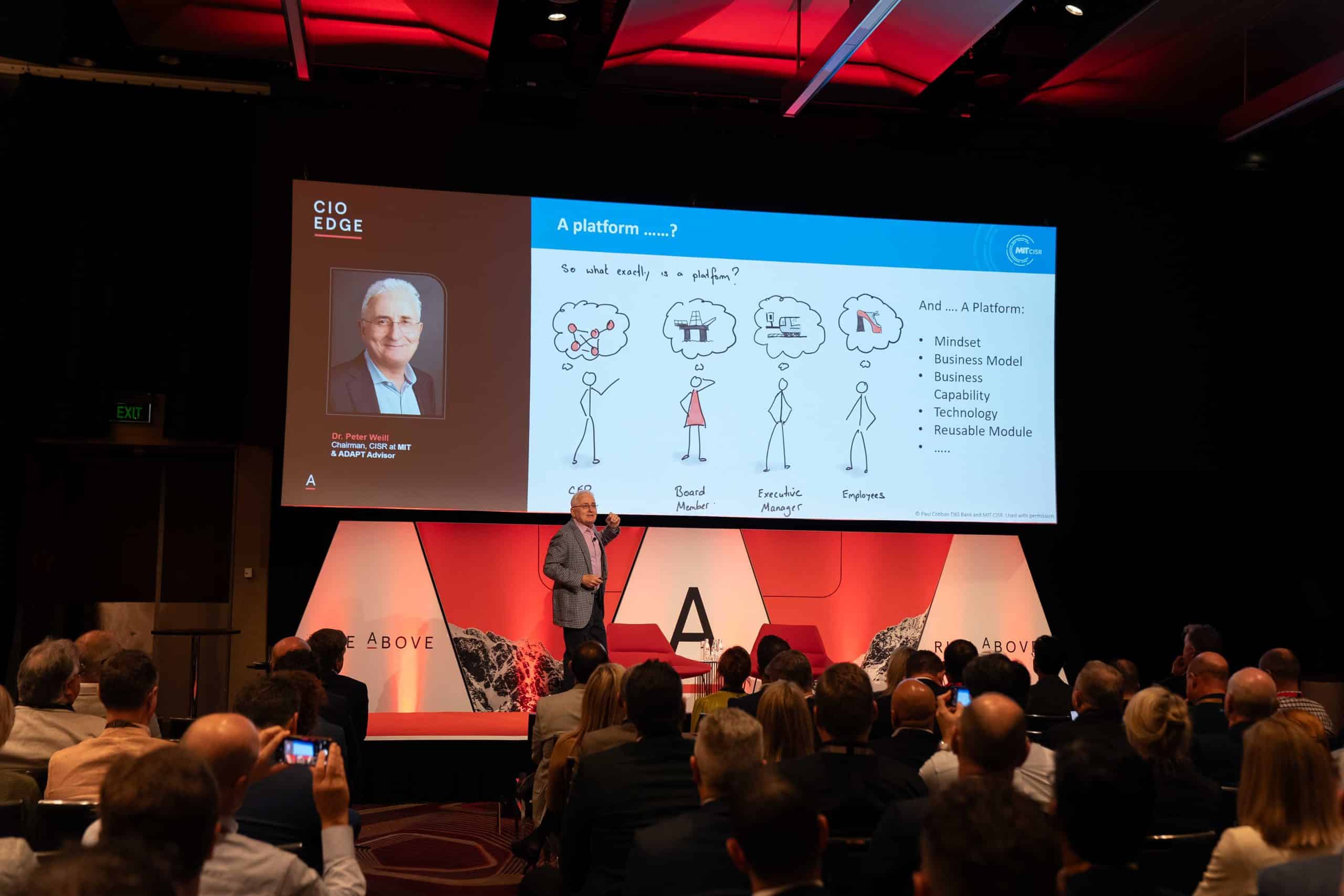From Spaghetti to Platforms – The 4 Designs Used by Top Performers
Sep 5, 2025 | 3 minsScaling artificial intelligence (AI) effectively depends not just on pilots or isolated projects but on the strength of digital platforms. Research shows that companies with more advanced platform management achieve higher growth, stronger profitability, and greater innovation. Yet, as ADAPT’s data highlights, many organisations are struggling to realise returns from AI. 72% of data leaders report AI has not met ROI expectations, and only 4% of CFOs believe it is currently delivering value. The reason, according to MIT research, is that AI is not yet integrated into enterprise platforms with memory and orchestration at scale. Companies in the early stages of AI maturity (exploration and pilots) underperform their peers, while those moving into scaling and integration consistently achieve above-industry results.
Examples of successful platforms illustrate how they can drive long-term value. Salesforce generates around 20% of its revenue directly from platforms, hosting over 4,500 partner apps, with 91% of its…


